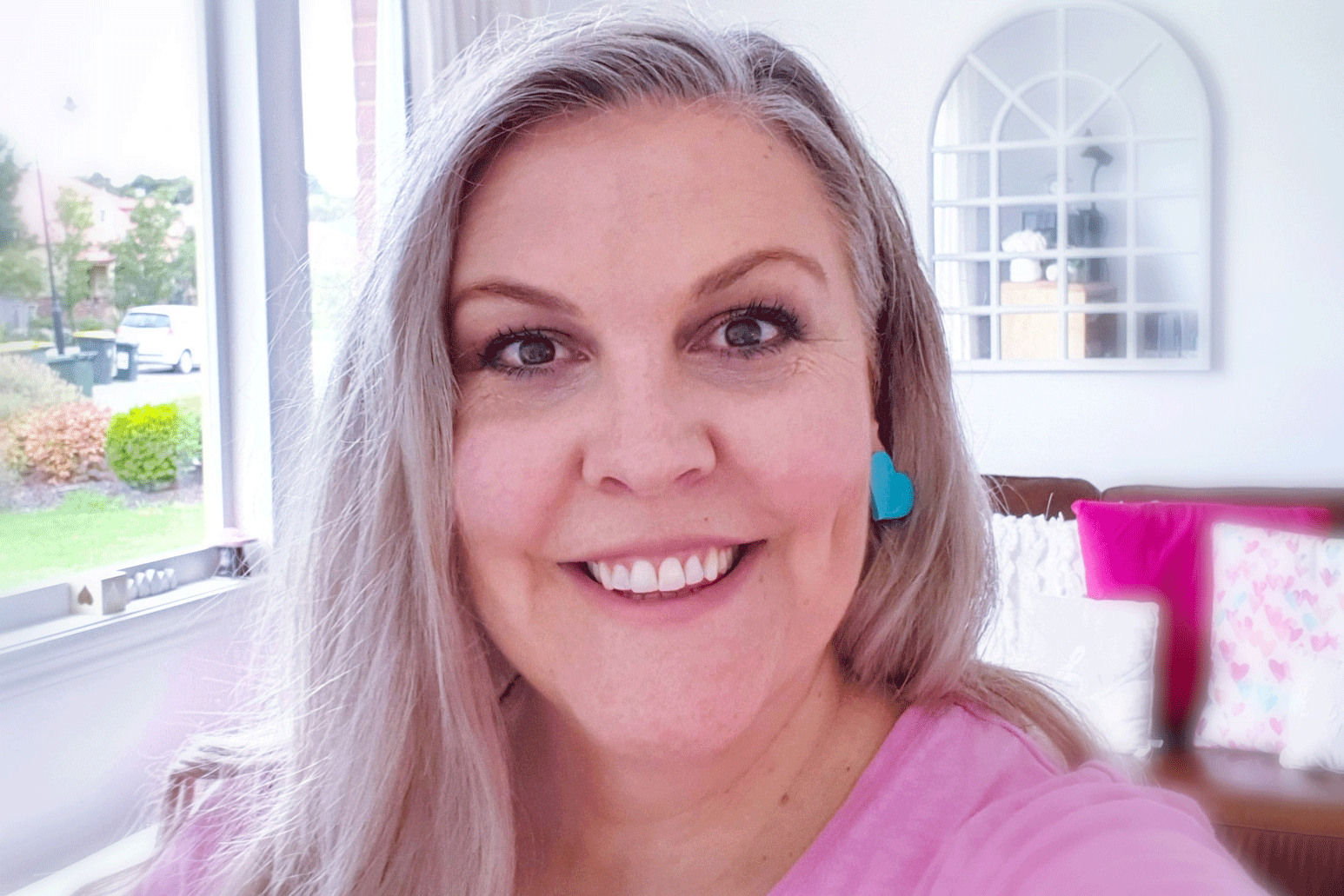Patients profile
Consumer voice driving change for parents-to-be
Published 02/06/2022
We are engaging and partnering with families across Victoria to build our understanding and develop the change ideas that will be used to reduce Postpartum haemorrhage (PPH) and improve care for women and birthing partners in Victoria.

Alana Donaldson is only weeks into her role as a lived experience subject matter expert with PPH, however is feeling that the process of speaking - and being heard - can contribute to the healing process after birth trauma.
“Being a consumer representative has been quite healing for me. Knowing that I’m being listened to and that it could lead to change has been really powerful,” said Alana.
Since her postpartum haemorrhage, Alana had been considering how to improve outcomes for other birthing parents, so the consumer call-out seemed like the perfect opportunity.
“I thought it would be great to be able to use my experience to help improve outcomes for other birthing parents, so I was happy to get involved”.
Alana was diagnosed with postpartum haemorrhage immediately after the birth of her first child. Alongside the anxiety and stress of the haemorrhage, the most challenging aspect for Alana was the loss of life experiences she’d been looking forward to after the birth of her baby.
“As you approach the birth, you’re looking forward to holding your baby on your chest, taking family photos and having some quiet time together. I’d gone into it with a certain plan in mind, and it was confronting when it turned into a medical emergency.”
As soon the haemorrhage was identified, things moved very quickly. Alana was whisked to theatre, and on-call staff were called in to assist. Her partner was left in the birthing suite with their new baby, unaware of how her condition was progressing.
Alana advocates for greater focus on the psychological needs of parents during a birth trauma if there’s opportunity.
“It would be great to have that recognition that birth is a life event. It’s important to acknowledge how the birthing parents are feeling during a medical emergency.
It may not always be possible, but if there’s time to give, even five minutes is useful to explain what’s happening”.
Alana has two top recommendations to improve outcomes for families.
The first is to make mental health part of the continuity of care for new parents. Whilst she had support for her physical healing and for the health of her baby, there wasn’t any follow up on the birth trauma itself.
She encourages midwives to check in on how families are feeling as part of their home visit and connect them with mental health support – even if it is just a brochure to encourage them to visit their GP.
“Having a newborn is overwhelming, and you tend to put your own needs last. It’s so important to have a reminder of how important it is to talk about the birth and how you’re feeling – that would have been really beneficial for me”.
She’d also like to promote antenatal education – in particular the opportunity to discuss birthing preferences and usual treatments of something goes wrong with a midwife before the birth. Understanding how the situation might change during labour can give parents the confidence to speak up for what they need.
“Looking back, when you're in the moment of birth and labour, it’s difficult to advocate for yourself, because you’re in the zone, and you’ve been in pain for hours and you can’t really make an informed decision," she said.
“I think having the opportunity to talk through my birth plan and preferences beforehand would really have helped.”
Alana encourages anyone thinking about becoming a consumer to give it a go.
“I’ve enjoyed having the opportunity to share and feel heard. I know that the issue is being taken really seriously, and just seeing that enthusiasm for the project has been amazing. I’ve felt really supported along the way and it’s been really great to work with the team”.
She also highly recommends talking to a GP or therapist to prepare for taking on a consumer role.
“I initially felt that I’d be fine to talk about my experiences, but I think it can bring up those feelings again. Taking the time to speak with a professional beforehand is valuable because it helps you make sense of what has happened and helps you to be able to contribute effectively.”



